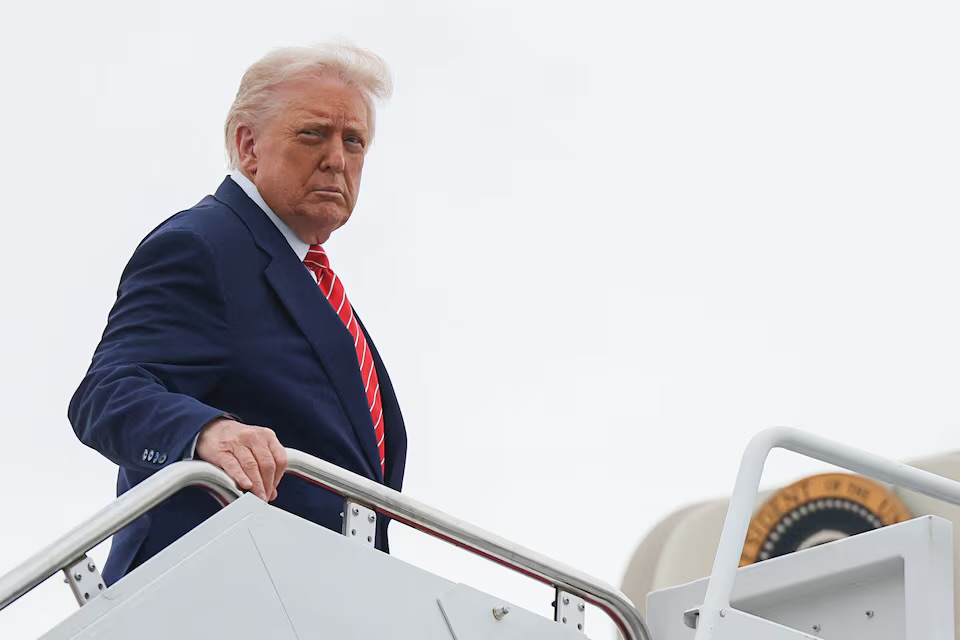In a strategic move widely seen as an effort to counter growing Chinese and Russian influence on the African continent, U.S. President Donald Trump has announced an unexpected summit with five African heads of state. The meeting, set to take place at the White House on July 9, will bring together leaders from Gabon, Guinea-Bissau, Liberia, Mauritania, and Senegal, a White House official confirmed on Wednesday.
According to the official, the summit will focus on “commercial opportunities” and will include a working lunch hosted by the president.
“President Trump believes that African countries offer incredible commercial opportunities which benefit both the American people and our African partners,” the official stated, emphasizing the administration’s intention to shift toward trade-based engagement.
Read Also:
Trump vows to stop US assistance to South Africa over land law
ANALYSIS: Trump inherits waning US strength in Africa
Youth investment will drive Africa’s progress – Bill Gates
The summit, first reported by Africa Intelligence and Semafor, is expected to run from July 9 to 11 in Washington, D.C.
The move comes amid a broader realignment of U.S. foreign policy toward Africa. The Trump administration has significantly cut foreign aid to the continent, aiming to reduce what it considers wasteful spending. Instead, the administration has promoted a model based on trade, investment, and mutual prosperity, aligned with the president’s “America First” doctrine.
Earlier this week, U.S. Secretary of State Marco Rubio reinforced this shift, declaring that the United States is moving away from what he called a “charity-based” foreign aid system. He stated that future support would prioritize countries that demonstrate both the “ability and willingness to help themselves.”
In line with this strategy, U.S. envoys in Africa will now be assessed based on the volume and value of commercial deals they help secure, according to Troy Fitrel, Senior Bureau Official for African Affairs.
However, the announcement comes at a time of renewed controversy over U.S. immigration policy. Just weeks ago, President Trump reinstated a travel ban affecting 12 countries, citing national security concerns. Notably, seven of the affected countries are in Africa, prompting criticism from human rights groups and reigniting debates over the human and diplomatic costs of national security policies that disproportionately impact African nations.
The upcoming summit is seen as a high-stakes effort to reframe U.S.-Africa relations, but critics remain wary of what they perceive as a transactional approach focused more on competition with global powers than long-term partnership.



